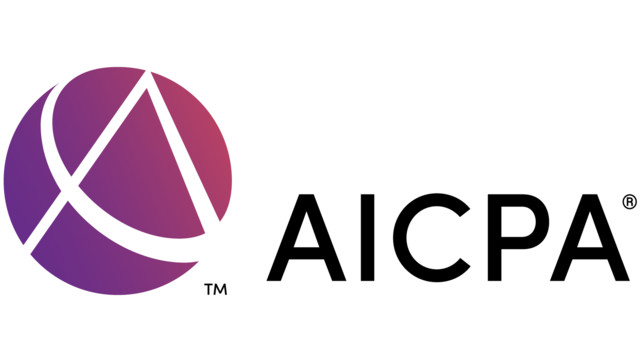AICPA News is a roundup of the top articles regarding the AICPA each month.
Diversity Evaluation Tool Gets Enhancements
The AICPA has launched a revamped version of its diversity benchmarking tool. The Accounting Inclusion Maturity Model (AIMM) is a free tool that was designed to help accounting firms evaluate their current diversity and inclusion practices and quickly identify opportunities for improvement. AIMM, which was initially developed in 2015, has been updated to reflect leading diversity and inclusion practices. In addition, it has been streamlined to provide a more user-friendly approach, with fewer questions to answer without sacrificing the quality of the assessment.
Firms and organizations that complete the assessment with receive:
- A free, customized report based on the responses provided.
- The ability to benchmark an organization with similar ones who have also completed the assessment.
- Access to resources that will help build a more diverse and inclusive organizational culture.
- For AICPA members, a discounted consulting session to further analyze your firms results and provide detailed recommendations.
Board Issues Standards on Auditor Reporting
The new suite of auditor reporting standards includes a new AU-C section 701, Communicating Key Audit Matters in the Independent Auditor’s Report, and replaces the following AU-C sections in AICPA Professional Standards:
- Section 700, Forming an Opinion and Reporting on Financial Statements
- Section 705, Modifications to the Opinion in the Independent Auditor’s Report
- Section 706, Emphasis-of-Matter Paragraphs and Other-Matter Paragraphs in the Independent Auditor’s Report
SAS No. 134 amends various other AU-C sections and addresses auditors’ responsibility to form an opinion on the financial statements and the form and content of the auditor’s report issued as a result of an audit of financial statements. It also addresses the auditor’s responsibilities, and the form and content of the auditor’s report, when the auditor concludes that a modification to the auditor’s opinion on the financial statements is necessary, and when additional communications are necessary in the auditor’s report.
AICPA Makes Recommendations Automatic Consent for Accounting Method Changes
The AICPA explained that a taxpayer who changes its method of accounting for the basis on which it regularly computes income to keep its books must secure the consent of the IRS Commissioner before computing taxable income under the new method. Generally, a taxpayer secures approval by filing Form 3115, Application for Change in Accounting Method. A taxpayer is considered to have obtained the consent of the IRS Commissioner for certain automatic accounting method changes prescribed in Rev. Proc. 2018-31 if it has complied with all the applicable provisions of Rev. Proc. 2015-13 and Rev. Proc. 2018-31.
The AICPA’s recommendations include, but are not limited to, the following issues:
- Provide audit protection for taxpayers under exam when new guidance is issued;
- Include audit protection for any method change afforded automatic consent;
- Add commissions to the type of compensation eligible for the automatic consent procedures for deferred compensation, including adding automatic consent for a fiscal year taxpayer changing its method to comply with Treas. Reg. § 1.83-6;
- Provide cash method taxpayers with automatic consent to change from impermissible income or expense recognition methods to permissible methods;
- Provide automatic consent for method changes to comply with section 451(c);
- Provide automatic consent for an accrual method taxpayer to change from impermissible to permissible methods of applying the all-events test and economic performance for liabilities;
- Include automatic consent for a change to properly apply the recurring item exception for eligible liabilities; and
- Permit taxpayers to change from an impermissible to permissible method of accounting for recognizing income from tenant improvement allowances.
NASBA and AICPA Issue Proposed Revisions to CPE Provider Standards
Last revised in 2016, among the most significant of the proposed revisions is allowing for adaptive learning self study programs within the self study standards with references to the methodology to be used in determining the CPE credit for an adaptive learning program. The proposed Standards revisions also permit the use of review questions or other content reinforcement tools in a nano learning program.
Additional clarifications have been made to assist in the understanding of awarding CPE credit in the different instructional delivery methods, in the minimum number of monitoring mechanisms required in a group Internet based program in which fractional CPE credit is awarded, and in the solicitation of evaluations for larger programs and conferences.
Thanks for reading CPA Practice Advisor!
Subscribe Already registered? Log In
Need more information? Read the FAQs




